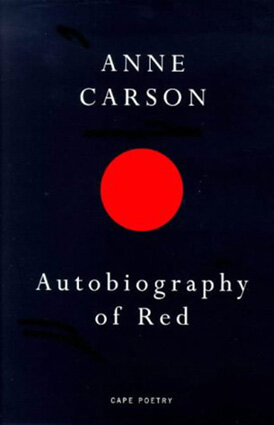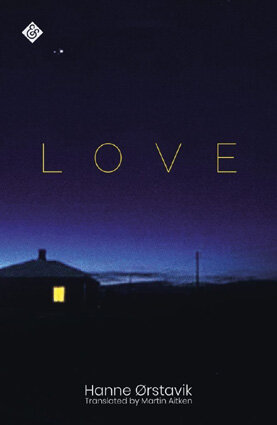It can be so easy to get caught in the here and now of life when most of it consists of a routine path between home and work. I’ve certainly found that where day after day I take the same trains while passing by the same trees and buildings. After a while I barely notice them because I’m so fixated on looking at my phone or a book. But reading Robert Macfarlane’s “Underland” gives a radically new perspective on time and space as he describes his various journeys to subterranean landscapes. From ancient caves in England and Norway to the bottom of glaciers near Greenland to the subterranean chambers of London and Paris, Macfarlane explores terrain that few people have tread but which has always existed under our feet. In doing so he explores the concept of deep time where he can see the marks of many past centuries inscribed upon the rocks and ice hidden here. This is where resources are extracted from, bodies are buried, waste is disposed of and treasure is hidden. It’s also where scientists can detect changes to the environment and archaeologists can study the oldest traces from human history. Macfarlane recounts his experiences in these places, sympathetically describes the colourful individuals who guide him through them and meaningfully reflects on our hidden relationship to these subterranean regions.
It’s interesting how many people that he meets who either work, study or inhabit these spaces under the land have a strong sense of character. Many are devoted to a particular cause such as preserving the environment, snubbing the law to form a culture of undercity dwellers or mining resources for the good of society. It’s often just as interesting learning about his companions as it is about the underland spaces they’re exploring and Macfarlane shows what a deeply empathetic person he is in how he interacts with them and recounts their perspectives. One of the most compelling people he meets is a boisterous and fiercely independent fisherman named Bjornar who lives on a remote island in Norway. He’s the descendent of generations of such men and this deeply entwined relationship with the sea and landscape have given him a deep understanding of this environment far more meaningful than the oil companies scanning it for resources and the environmental impact of extracting them. I appreciate how Macfarlane gives voice to a plethora of points of view showing how battles over the land are such a complex social issue. However, the crisis of climate change is made absolute clear in the transforming landscapes he explores.
What elevates Macfarlane’s account above a standard travelogue is the beautifully poetic language he uses to evoke these varied subterranean spaces as well as his own state of being when passing through them. He also makes poignant connections referencing different poetry, novels and music so the book functions as a way to philosophically define our relationship to the natural world. But it never comes across as pretentious as he frequently feels humbled by what he finds. In fact, there are points where language is utterly defeated because it cannot describe what he’s seeing such as the glacial ice in Greenland: “Here was a region where matter drove language aside. Ice left language beached. The object refused its profile. Ice would not mean, nor would rock or light... a terrain that could not be communicated in human terms or forms.” This book gives a powerful sense of being humbled before the vast expanse of our world’s history and invites the reader to recall our part within it.



























